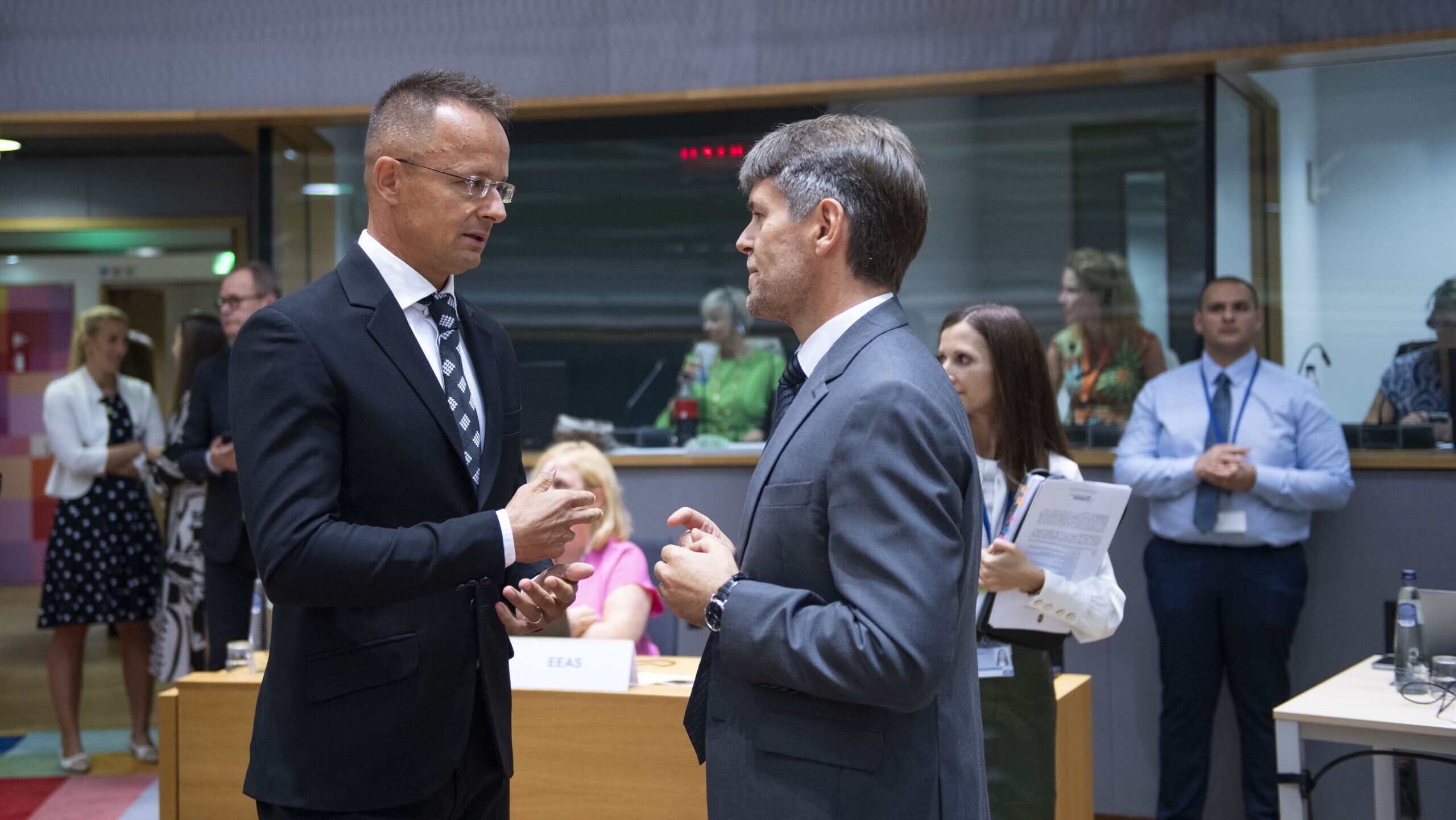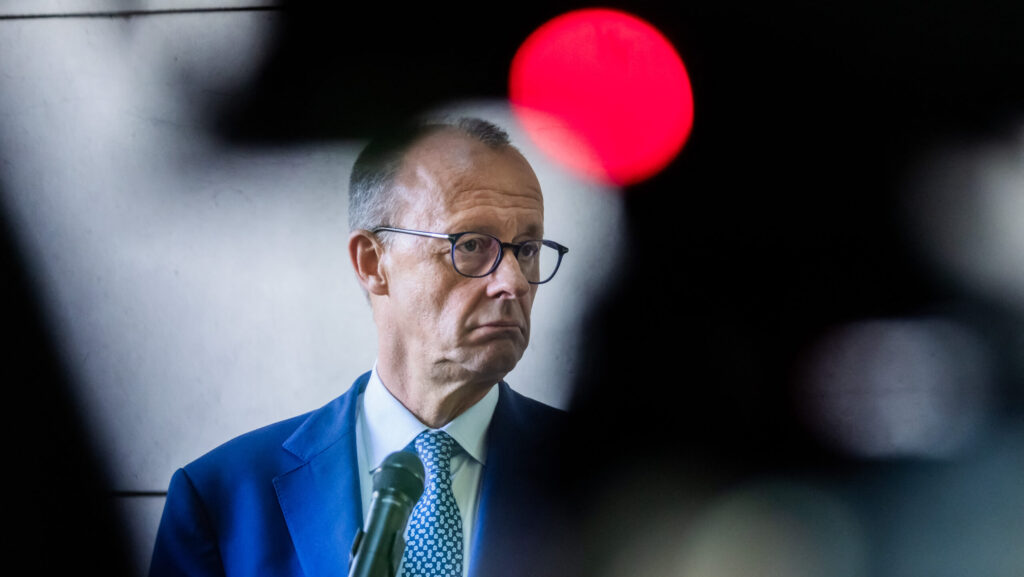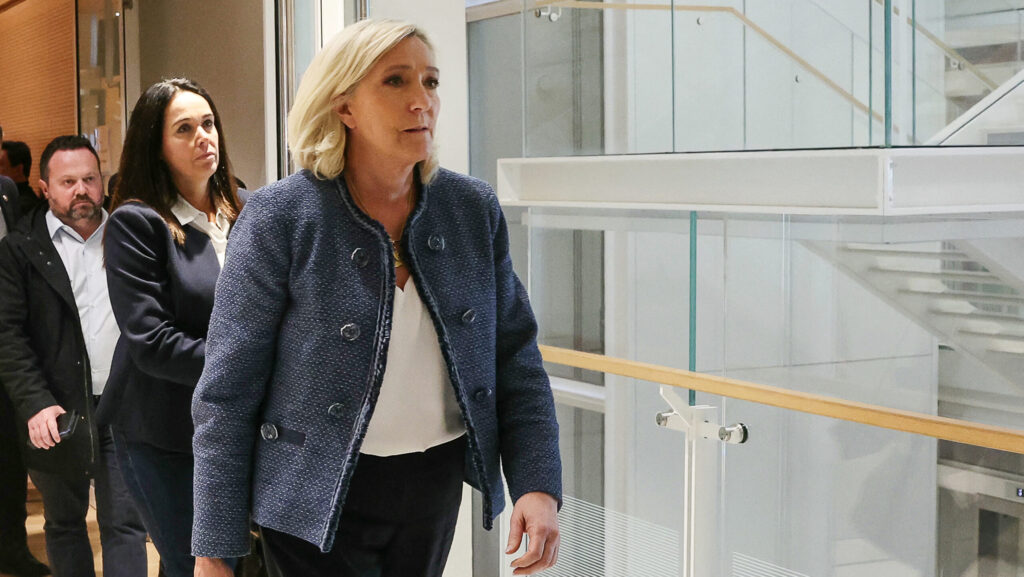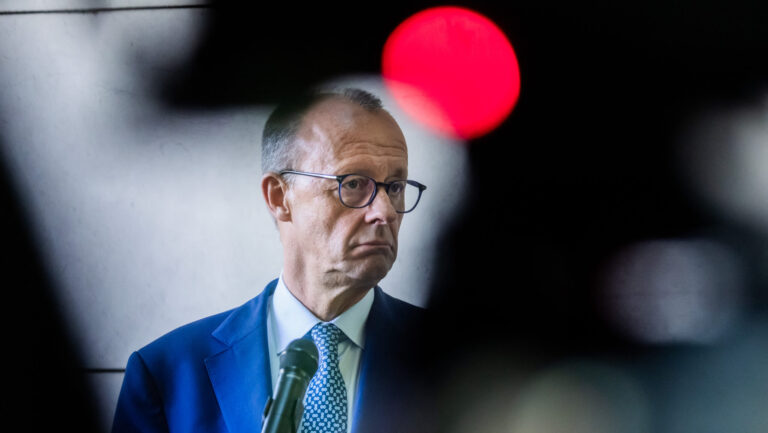It is perhaps fair to say that there have been few more tense Foreign Affairs Council meetings in the history of the European Union than the one held in Brussels on 29 August. The venue itself was controversial, as the meeting should have been held in Budapest. Typically, the EU’s Foreign Affairs Council holds an informal meeting every six months in the capital of the Member State holding the rotating EU presidency. Currently, Hungary holds the EU presidency, but following Hungarian Prime Minister Viktor Orbán’s peace mission in early July and the subsequent childish retaliatory actions from Brussels, EU High Representative for Foreign Affairs and Security Policy Josep Borrell decided to relocate the informal meeting to the Belgian capital instead of Budapest.
As if this were not enough, the foreign ministers of the pro-war EU Member States further intensified the already tense atmosphere upon their arrival at the meeting. Lithuanian Foreign Minister Gabrielus Landsbergis bluntly stated: ‘Upstairs, we will have a Russian party that is taking a very clear stance to defend Putin. Not Europe. Not Ukraine,’ referring to the Hungarian government. Landsbergis added that the change of venue was a clear sign that EU member states did not agree with Hungary’s foreign policy. Irish Foreign Minister Micheál Martin echoed Landsbergis’s sentiments, describing the change of venue as a wise decision and a strong signal to the Hungarian government.
Belgium’s Foreign Minister Hadja Lahbib also supported the decision, emphasizing that the presidency should promote a common position rather than engage in ‘parallel diplomacy,’ which she argued had weakened the EU. Lahbib criticized the Hungarian government for blocking aid for military equipment, calling it a cynical move.
However, some believed that arguing about the venue was unnecessary.
Among them was Hungarian Minister of Foreign Affairs and Trade Péter Szijjártó, who remarked well before the meeting that he was indifferent to the location, stating: ‘If it is in Hungary, then it is in Hungary; if not, then it is not.’ Italian Foreign Minister Antonio Tajani also opposed the change of venue, as did German Foreign Minister Annalena Baerbock.
The tensions in the negotiating room remained high, according to Péter Szijjártó’s account. The Hungarian FM suggested that Brussels aimed to undermine Hungary’s pro-peace stance by changing the venue, but he asserted that ‘this will not succeed.’ He firmly stated: ‘Hungary will not break with its current policy and will continue to support an early peace settlement in Ukraine.’ Szijjártó explained that the main topic of the meeting was once again the war in Ukraine, and expressed frustration over being confronted with ‘a complete lack of realistic assessment of the situation and a raging war psychosis.’
The minister voiced regret that the majority of member states believed the territorial expansion of the war did not pose any risk of escalation. He noted that some of his colleagues even suggested that allowing the use of Western-supplied weapons against Russian targets
could be seen as a means of peace-building.
‘And because this view is as far from reality as I am sitting here, we have to conclude that this blind pro-war stance and pro-war psychosis will continue here in Brussels for months to come,’ he remarked.
According to Szijjártó, several participants at the meeting urged that more than six billion euros from the European Peace Facility be allocated for arms transfers. However, he firmly stated that Hungary would not contribute to the release of a single euro cent as long as Hungarian companies in Ukraine face discrimination and decisions are in place that threaten Hungary’s energy security.
The meeting also addressed the ongoing conflict between Israel and the Palestinian terrorist organization Hamas. In this context, Szijjártó asserted that Borrell had completely lost control and had made extremely dangerous and unreasonable proposals regarding the Middle East. The Hungarian FM specifically criticized the High Representative’s recent proposal that the European Union should impose sanctions on two Israeli government ministers. ‘This is an extremely dangerous and absolutely unreasonable proposal, as such a decision would raise extremely serious questions in the Middle East and would undermine cooperation between the European Union and Israel as a whole,’ he stated.
Related articles:








